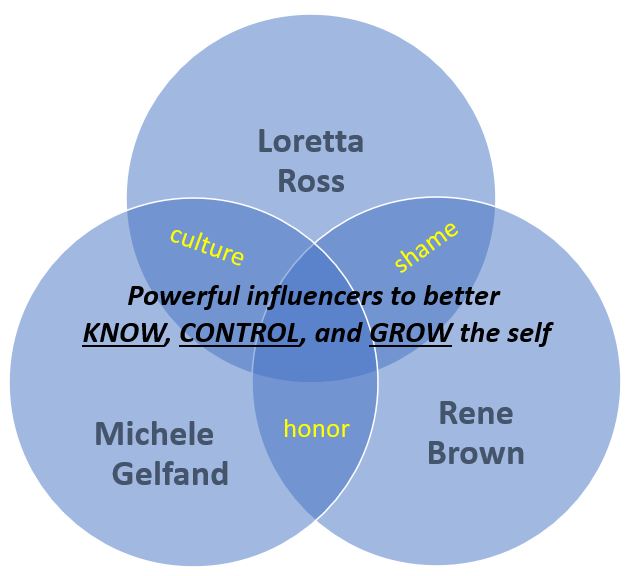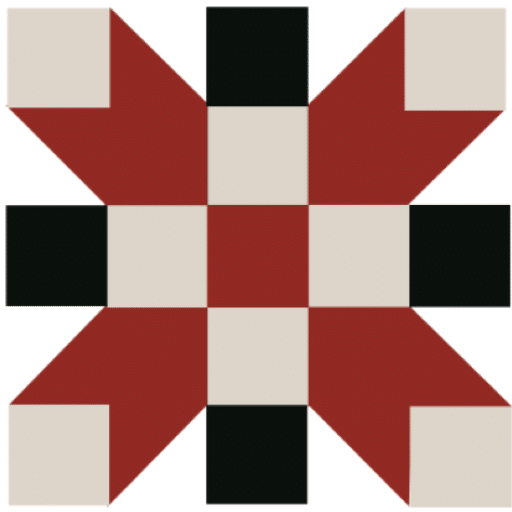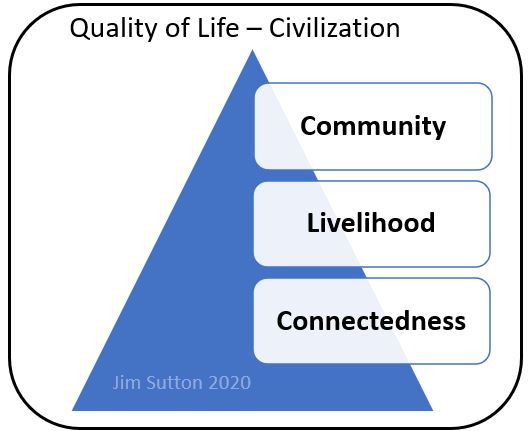Naturally, you try to improve your livelihood. I try to improve mine for myself, and to be better with the people I mentor. The dynamic women I mention below are influences that can help anybody.
Your livelihood sustains you and makes you whole. It’s your effort to get basics like food and shelter, plus whatever your needs and the pursuit of them might become. Livelihood is not possible without connection, all of which serves community.
You are not complete or well-functioning unless you have healthy connection to others. We are naturally hungry to connect with others. The connection promoted here is more personal and genuine than what comes from online social media. We need to improve our connections as individuals in order to sustain our livelihoods and to arrive at a more positive cultural. For an ideal example, you might consider the Beloved Community as pursued in the 1960s by the peaceful freedom fighters.
My Livelihood
Most peoples’ livelihood boils down to caring for themselves and others. As one who is working to secure my own justice, I’m doing as-well-as-possible under my circumstances of 2020. Into 2021, this lucky man aspires to write, mentor, and help more. Like my plane was going down and I put my mask on first, but now I’m expecting to take it off and reach out.
This livelihood of mine is border-line obsessed with justice: criminal, social, economic, and the ilk. My most satisfying activities are concerned with the welfare of justice-impacted people, mentoring those in the criminal system or being a voice.
Given the importance of one’s livelihood, it merits attention and sometimes deliberate effort to improve it. Here’s how I am attending to mine. This insight to you from one who once made profound livelihood mistakes.
Current Influences on My Livelihood
It started with Brene Brown, and then came Michele Gelfand, and most recently Loretta Ross. Three vibrant, current, learned researcher-educators. There are many others. But I decided on these, and they are filling my hunger for enlightenment, as I try to read enough of their work.

These people are promoters of individual and collective good. Call them delightful positive social forces, from whom we can learn as we combat social ills and injustice. Notably, and in some respects expectedly, they’re women. Each has a substantial body of work, with positive consistencies, yet offering refreshing distinct perspectives.
I am factoring the wisdom of these three into my arsenal against trauma. People who have been justice-impacted often have extra need for that Beloved Community.
In a general sense, such information helps us know, control, and grow ourselves. “It’s all good”, as the colloquialism goes, but in an age of political tumult and pandemic, the importance grows.


Leave a Reply
You must be logged in to post a comment.